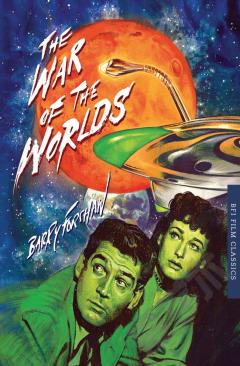The Human Face of War
Warfare is hugely important. The fates of nations, and even continents, often rests on the outcome of war and thus on how its practitioners consider war. The Human Face of War is a new exploration of military thought. It starts with the observation that much military thought is poorly developed - often incoherent and riddled with paradox. The author contends that what is missing from British and American writing on warfare is any underpinning mental approach or philosophy. Why are some tank commanders, snipers, fighter pilots or submarine commanders far more effective than others? Why are many generals sacked at the outbreak of war? The Human Face of War examines such phenomena and seeks to explain them. The author argues that military thought should be based on an approach which reflects the nature of combat. Combat - fighting - is primarily a human phenomenon dominated by human behaviour. The book explores some of those human issues and their practical consequences. The Human Face of War calls for, and suggests, a new way of considering war and warfare.
{{comment.content}}








 京公网安备 11010802027623号
京公网安备 11010802027623号